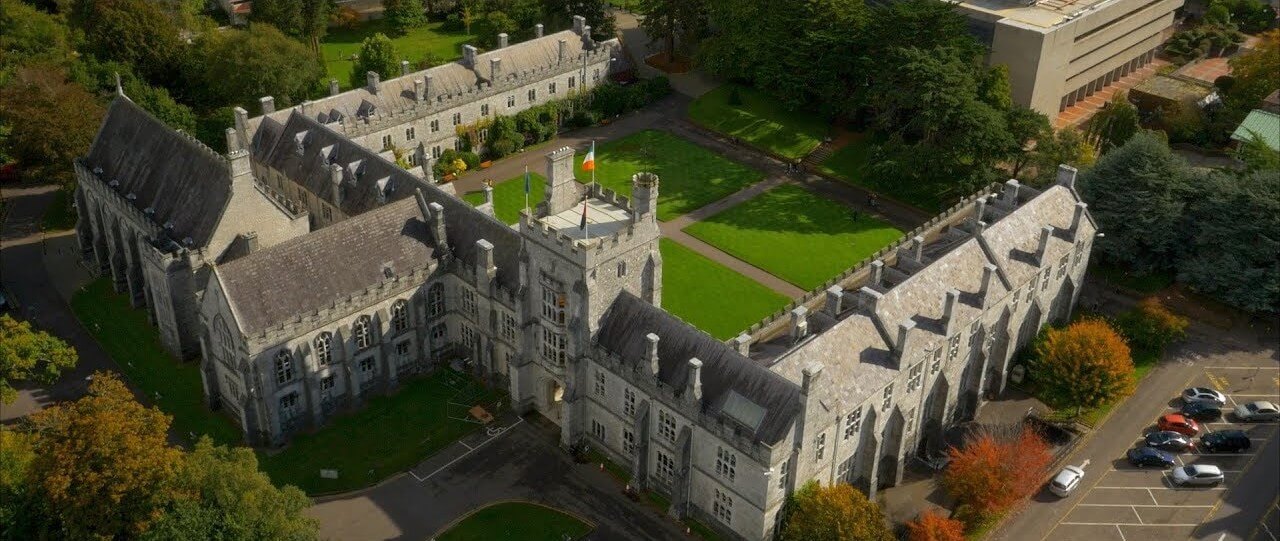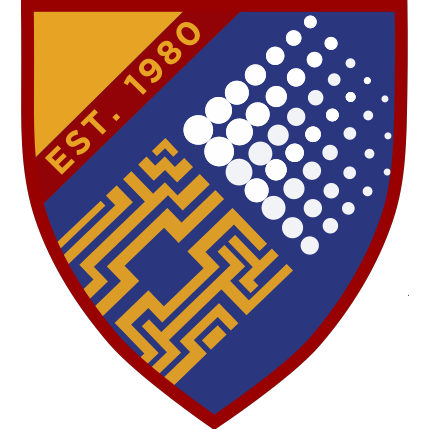The BA in Applied Psychology offers a rich and diverse curriculum. You will complete courses that examine psychology from a philosophical and cultural perspective, enhance your critical thinking and scientific communication skills and help you to develop a strong understanding of the main modern fields of psychology.
All modules 5 credits unless otherwise.
Current modules offered are as follows:
Year 1 Modules
AP1025 Applying Psychology to Personal and Professional Development
AP1030 Critical Skills for Psychologists
AP1031 Biological Psychology
AP1032 Lifespan Development
AP1033 Individual Differences
AP1035 Introduction to Neuroscience, Perception and Attention
AP1036 Learning and Behaviour
AP1037 Social Psychology
AP1038 Digital Literacy for Psychologists
AP1039 Research Methods in Psychology (10 credits)
AP1040 Research Design and Statistical Analyses I
Year 2 Modules
AP2046 Experimental Design
AP2050 Research Methods
AP2045 Psychology of Childhood and Adolescence
AP2044 Applied Cognition
AP2047 Social and Organisational Psychology
AP2041 Critical Skills for Applied Psychologists
AP2048 Psychology and Everyday Life
AP2049 Psychology of Aging
AP2043 Biological Psychology
AP2042 Psychopathology
Year 3 Modules
Core
AP3117 Research Project
AP3116 Applied Psychology Seminars
AP3119 Psychological Therapies
AP3120 Personal and Career Development
AP3118 Psychological Measurement
AP3112 Conceptual and Historical Issues
Electives
AP3121 Forensic Psychology
AP3126 Health Psychology
AP3125 Cognitive Psychology: New Perspectives
AP3123 Positive Psychology
AP3122 Special Educational Needs
AN4009 Behavioural and Cognitive Neuroscience
AN4012 Medical Imaging and Biomedical Devices in the Neurosciences
See the College Calendar for more detailed information on the programme and the Book of Modules for a more detailed description of programme modules.
Course Practicalities
Year 1
You will benefit from a high level of contact with lecturers, tutors and demonstrators. Classes are timetabled over the week, and many of the practical sessions have a compulsory attendance requirement.
Year 2
There is a shift towards more self-directed learning, although this is augmented by 10–12 hours of scheduled lectures and practical sessions.
Year 3
You will attend 8-10 hours of lectures on average, and focus your time more heavily on your independent research project. As with all undergraduate degrees, there is an expectation that you will devote time before and after lectures and practicals to reading, research and developing your knowledge across all courses in the degree.
Show less












